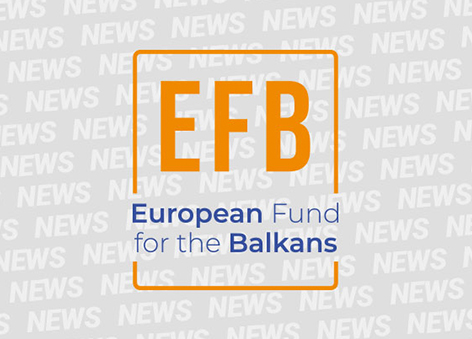
06.10.2015 All News
What are the key problems on the ground in the Balkan countries affected by the flow of passing refugees? How have individual Balkan countries responded to the challenges posed by the refugee crisis? What should be done to strengthen cooperation among EU countries and aspirant member states in the region? How can the EU and the European Commission help with this crisis in a lasting fashion?
These are some of the questions that will be addressed during the Policy Dialogue, “The Refugee Crisis-The Balkan perspective”, set for the 7th of October at the EPC Auditorium in Brussels and organised by the European Fund for the Balkans in cooperation with the European Policy Centre.
If there were ever a shadow of doubt that the Balkans is firmly anchored in the bosom of Europe, it was dispelled recently by the refugee crisis. Tens of thousands of people from the Middle East and Africa have been crossing from a member state – Greece – through two candidate countries in the Balkans – the former Yugoslav Republic of Macedonia and Serbia – to re-enter the EU – Hungary and Croatia – on their way to richer Northern Europe. Serving as a transit route for the influx of refugees, the Balkan countries, just like their EU neighbours, are simultaneously offering help, struggling to cope with logistical hurdles, panicking, and closing borders.
The call for collective action in response to this situation could not be clearer and the further measures that should be taken must be carefully designed by the respective institutions.
Marton Benedek (DG Home Affairs and International Coordination, European Commission), H.E. Mario Nobilo (Ambassador of Croatia to Belgium), Ivana Dragicevic (Executive Producer, International News, N1 Television Croatia), and Sanel Huskic (Public Policy Analyst, Bosnia and Herzegovina) will take part in a discussion moderated by Corina Stratulat(Senior Policy Analyst, European Policy Centre) during the discussion on this current subject that is deeply affecting both the EU and the Western Balkans countries.






